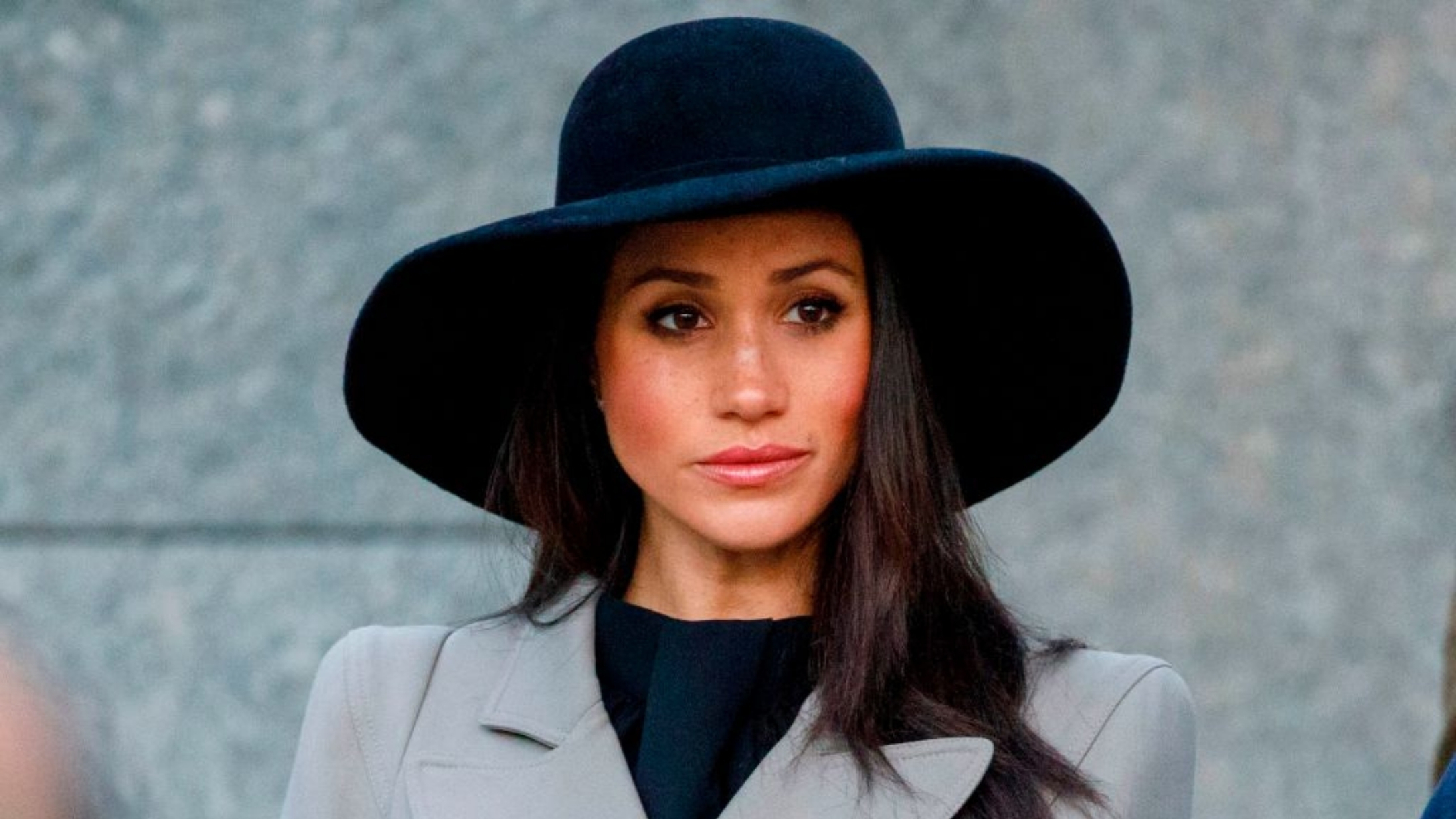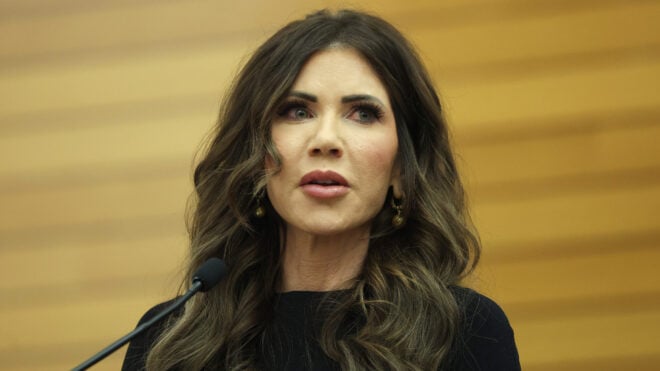
Meghan Markle has shared so much of her life with the public. To her credit, a lot of what she's shared has been voluntary. As an actress and later as a royal, she always had an ability to draw from personal experience to relate with people.
During her time as a senior royal, Meghan lost control of the ability to share on her own terms. A lot of what came out about her at that time was crafted to fit a particular narrative that Harry and Meghan never appeared comfortable with.
In 2020, Meghan and Harry got their fresh start. They stepped down, moved to California, and worked on their next steps. In an op-ed for The New York Times, Meghan revealed another monumental part of her and Harry's year.
The Duchess of Sussex revealed that she experienced a miscarriage in July. Meghan related the experience to the feeling of loss that has permeated so many lives this year.
Wednesday morning, The New York Times published an op-ed by Meghan Markle, the Duchess of Sussex, about loss. In that essay, Meghan began by revealing a very personal loss. She and Prince Harry had been expecting a second child. In July, she miscarried.
"It was a July morning that began as ordinarily as any other day: Make breakfast. Feed the dogs. Take vitamins. Find that missing sock. Pick up the rogue crayon that rolled under the table. Throw my hair in a ponytail before getting my son from his crib," Meghan wrote, sounding so much like any other mom of a 1-year-old.
"After changing his diaper, I felt a sharp cramp," Meghan continued.
"I dropped to the floor with him in my arms, humming a lullaby to keep us both calm, the cheerful tune a stark contrast to my sense that something was not right.
"I knew, as I clutched my firstborn child, that I was losing my second."
The reveal is candid for a member of the royal family, but it doesn't feel out of place coming from Meghan. She went on to give some insight into Harry's feelings about what happened without speaking for him.
"Hours later, I lay in a hospital bed, holding my husband's hand. I felt the clamminess of his palm and kissed his knuckles, wet from both our tears," she wrote.
"Staring at the cold white walls, my eyes glazed over. I tried to imagine how we'd heal."
Meghan goes on to discuss a moment from last year, when her genuine and emotional words in conversation with a reporter caused a serious stir.
"I recalled a moment last year when Harry and I were finishing up a long tour in South Africa. I was exhausted. I was breastfeeding our infant son, and I was trying to keep a brave face in the very public eye," Meghan wrote.
"'Are you OK?' a journalist asked me. I answered him honestly, not knowing that what I said would resonate with so many — new moms and older ones, and anyone who had, in their own way, been silently suffering. My off-the-cuff reply seemed to give people permission to speak their truth. But it wasn’t responding honestly that helped me most, it was the question itself."
"'Thank you for asking,' I said. 'Not many people have asked if I'm OK.'"
"Sitting in a hospital bed, watching my husband's heart break as he tried to hold the shattered pieces of mine, I realized that the only way to begin to heal is to first ask, 'Are you OK?'"
Meghan then related her personal grief to the grief that has touched so many people around the world this year.
"This year has brought so many of us to our breaking points. Loss and pain have plagued every one of us in 2020, in moments both fraught and debilitating," she noted.
Meghan talked about the many who have been lost to COVID-19, from older folks to our own peers. Then she talked about some of the deaths that rocked the Black community and raised cries for racial justice across the US this year.
"A young woman named Breonna Taylor goes to sleep, just as she’s done every night before, but she doesn’t live to see the morning because a police raid turns horribly wrong. George Floyd leaves a convenience store, not realizing he will take his last breath under the weight of someone’s knee, and in his final moments, calls out for his mom," she wrote.
"Peaceful protests become violent. Health rapidly shifts to sickness. In places where there was once community, there is now division."
Meghan talked about the division that's taken over the US. She touched on how it was once political and has now pervaded everything. Meghan noted that the division further isolates us. Then she recalled an incident from when she was a teen visiting New York City.
"When I was in my late teens, I sat in the back of a taxi zipping through the busyness and bustle of Manhattan. I looked out the window and saw a woman on her phone in a flood of tears. She was standing on the sidewalk, living out a private moment very publicly. At the time, the city was new to me, and I asked the driver if we should stop to see if the woman needed help," she remembered.
"He explained that New Yorkers live out their personal lives in public spaces. 'We love in the city, we cry in the street, our emotions and stories there for anybody to see,' I remember him telling me. 'Don't worry, somebody on that corner will ask her if she's OK,'" she continued.
"Now, all these years later, in isolation and lockdown, grieving the loss of a child, the loss of my country's shared belief in what's true, I think of that woman in New York. What if no one stopped? What if no one saw her suffering? What if no one helped?
"I wish I could go back and ask my cabdriver to pull over. This, I realize, is the danger of siloed living — where moments sad, scary or sacrosanct are all lived out alone. There is no one stopping to ask, 'Are you OK?'"
Meghan then brought the conversation back to miscarriages and how such a common pain is still stigmatized.
"Losing a child means carrying an almost unbearable grief, experienced by many but talked about by few. In the pain of our loss, my husband and I discovered that in a room of 100 women, 10 to 20 of them will have suffered from miscarriage. Yet despite the staggering commonality of this pain, the conversation remains taboo, riddled with (unwarranted) shame, and perpetuating a cycle of solitary mourning," she noted.
"Some have bravely shared their stories; they have opened the door, knowing that when one person speaks truth, it gives license for all of us to do the same," she recognized.
"We have learned that when people ask how any of us are doing, and when they really listen to the answer, with an open heart and mind, the load of grief often becomes lighter — for all of us. In being invited to share our pain, together we take the first steps toward healing."
Meghan concluded her essay by reflecting on how we can carry everything we've experienced into being better, starting with Thanksgiving.
"So this Thanksgiving, as we plan for a holiday unlike any before — many of us separated from our loved ones, alone, sick, scared, divided and perhaps struggling to find something, anything, to be grateful for — let us commit to asking others, 'Are you OK?' As much as we may disagree, as physically distanced as we may be, the truth is that we are more connected than ever because of all we have individually and collectively endured this year," she suggested.
"We are adjusting to a new normal where faces are concealed by masks, but it's forcing us to look into one another's eyes — sometimes filled with warmth, other times with tears. For the first time, in a long time, as human beings, we are really seeing one another," she recognized.
"Are we OK? We will be."




